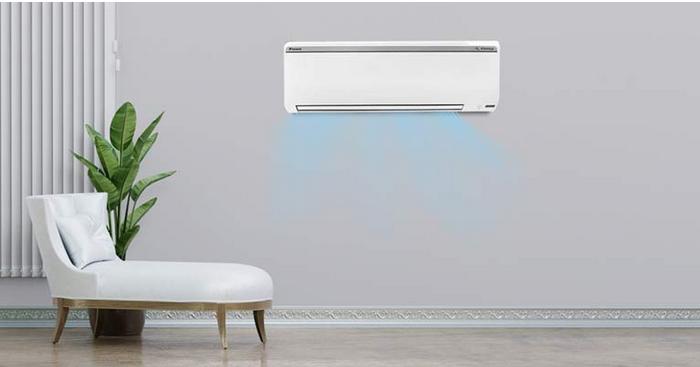Things You Must Know About HEPA Filters
Whether you have been already using an air purifier or looking to buy one, there is one commonly used term ‘HEPA filter’. The use of best room air purifiers has increased significantly due to the rising global concern about deteriorating air quality. This has pushed the need for the development of advanced air purification technologies across the world. One of them is HEPA, which stands for High-efficiency Air Particulate Air Filter.
Most air purifier manufacturers understand the importance of purified air and use high-quality HEPA filters to ensure that their products deliver clean and purifiers air to the users. In this post, we will dive deeper to know more about HEPA filters and their importance.
What does a HEPA filter mean?
HEPA filter an acronym for high-efficiency particulate air filter. Going by its name, these filters are made to catch a large proportion of tiny airborne particles. According to experts, these filters should be able to filter out minimum 99.97% of such airborne particles that are classified as HEPA. Overall, this results in a considerable decline in the presence of airborne pollutants.
How does a HEPA filter work?
If you really want to understand the working of HEPA filtration, you should know that its process goes further than just knowing its sifting competences. For example, people should need to consider the following elements:
Particle dynamics: These filters actually capture different sizes of particles in different ways. The main methods of particle trapping are inertial impaction for larger particles, interception for mid-sized particles, and diffusion for microscopic particles affected by Brownian motion. Don't worry if you're starting to feel a bit lost at this point; this excellent article provides a brief summary of these filtration methods.
HEPA media composition: Microfiber glass and expanded polytetrafluoroethylene (ePTFE) are the two materials commonly utilized for HEPA filters; they resemble high-rag content paper. These materials guarantee efficient particle capture because of their multi-layered structure.
The trap function can be divided in four ways:
1. Impact — Bigger particles can’t chase the curve of airflow through the filter and insert in the fibers
2. Interception — Particles aren’t able to match the airflow through the filter and eventually get stuck on the fibers
3. Diffusion — Pollutant airborne particles bound around gas molecules and finally get attached to a fiber.
4. Sieving — Relatively large particles get entangled between two fibers while they pass through the filter
The use of HEPA filters is very common among home air purifiers and vacuum cleaners. To become classified as a HEPA filter, the filter must be able to capture minimum 99.97% of pollutants that are 0.3 microns or larger in size. A strand of hair is nearly 100 microns in width — so the pollutant particles tend to be very tiny.
How to choose a HEPA filter?
HEPA filters and the air purifiers they are used in need to be appropriate for the space they are meant to serve in order to create the cleanest air possible, as mentioned by the CADR (clean air delivery rate). Certain rooms could be excessively big for the filter to properly remove airborne contaminants, as revealed by the CADR, which calculates the amount of air that goes through the filter depending on square footage. You won't get the necessary air purifying effects if the fit isn't correct.
Seek for air purifiers with the ENERGY STAR certification. They are more energy efficient than models that do not have the ENERGY STAR certification, and they provide considerable savings for the environment and your pocket.
How to maintain a HEPA filter?
HEPA filters have been known to be of the gold standard in air purification. You’ll always wanted to safeguard your investment by taking proper care of your purification system or air conditioning unit. Replace the filters regularly or as recommended by the air purifier brand. Some of the filter may need to replaced three to six months, whereas some may last for a year or two. Some air purifier brand manufacture purifiers units with reusable filters.
It should be possible for you to independently adjust your filters. Refer to the instructions provided by the manufacturer for your particular filter for more details on how to clean or replace your air filters.
HEPA Filters Vs. Others
HEPA filters are considered to be of international gold standard when it comes to filtering out particles. Various studies have highlighted the risks of ionizers as they tend to pollute the air. This is because (1) a majority of ionizers are excessively weak to make an impact, (2) they discharge harmful ozone, PM2.5, dangerous VOC Gases, and Formaldehyde (3) they release negative ions that cause particles to attach to different surfaces in your home, instead of eliminating them.
The Conclusion
The best roof air purifiers specifically that that are based on HEPA filters have been found to improve indoor air quality. They tend to be extremely effective when it comes eliminating dust, pollen, and other harmful particles from the surrounding air, giving relief to people suffering from asthma and allergy.




Comments